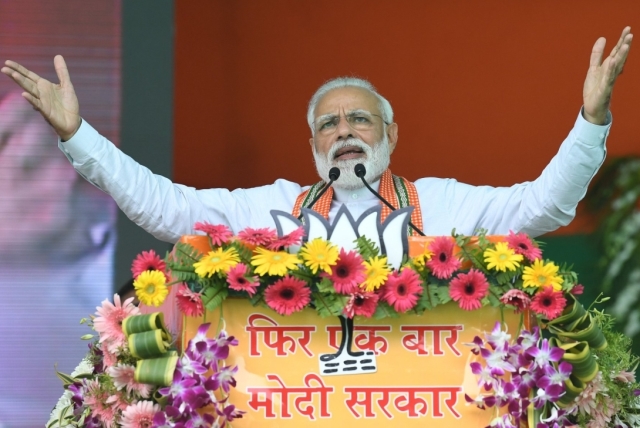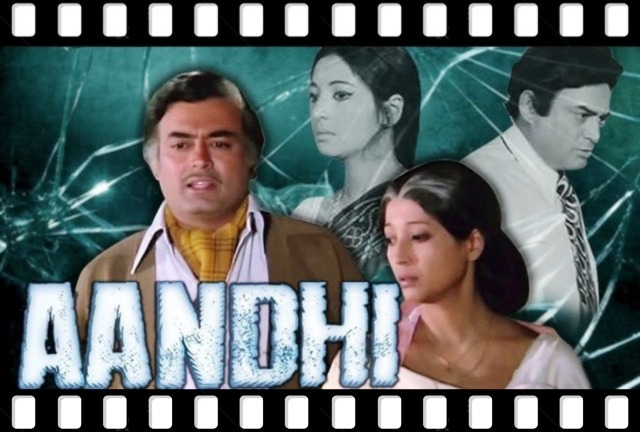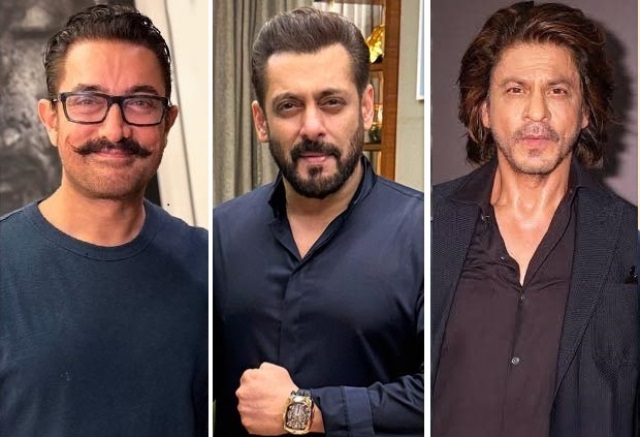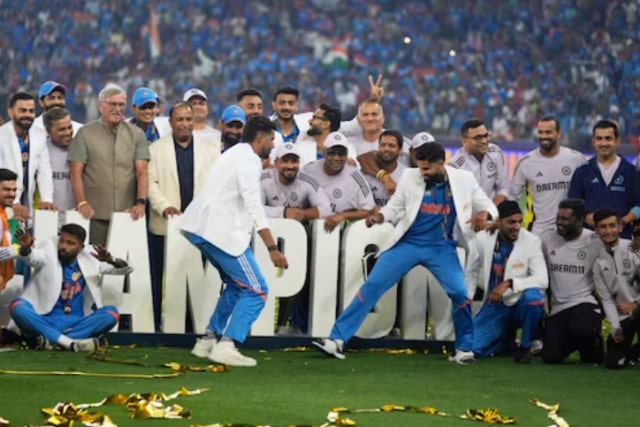
Modi’s Millennial Plan, Social Media, And the Scorching Heat of Electioneering
“I can clearly see that the coming five years will be about our collective resolve of establishing the roadmap that will guide our trajectory as a nation for the next thousand years and make India the embodiment of prosperity, all-round growth and global leadership.”
Yes, 1000 years. You read right. The next five years will be about putting together a roadmap for, not 10, 25, 50 or 100 years, but for the next millennium. In case you are still wondering who that quote is attributed to, it is Prime Minister Narendra Modi.
Modi has always said that he is in for the long run and that he wants to make India a developed country by 2047, which will be the 100th anniversary of its Independence. Now, over the next five years, he wants to lay the foundations for the next 1000 years.
On 16 March, after the Election Commission announced the dates for India’s gargantuan seven-phase, 44-day Lok Sabha elections, Modi took to WhatsApp where he has 14 million people following his channel updates to post a long message. The quote above is from that post. With hashtags such as #PhirEkBaarModiSarkar and slogans such as “Ab Ki Baar, 400 Paar!” Modi’s WhatsApp updates are frequent, upbeat, and supremely confident.
In his 16 March WhatsApp update, he called the elections the “biggest festival of democracy” and outlined how in the past ten years, since his government has come to power, new records of development have been created. And of how, “in our third term, there’s much work to be done”. Oozing sanguinity and supreme confidence, he concluded his post with: “I derive great strength from people’s blessings, especially the poor, our farmers, Yuva and Nari Shakti. When they say ‘मैं हूँ मोदी का परिवार’, it fills me with joy and makes me work harder to build a Viksit Bharat. This is THE era to make it happen and together we will! यही समय है सही समय है!”
On X, where Modi has 97.4 million followers, higher than any other serving head of state in the world, he has been more prolific during his campaigning, posting often multiple times daily, quotes and video clips from the ubiquitous rallies he addresses across the country, sometimes several in a single day.
Not surprisingly, electioneering’s uglier side surfaced soon after the first phase of polls concluded on 19 April. The media, particularly international publications, pounced on a new controversy that seemed to emerge after Modi was accused by the opposition parties in India of, to quote CNN, “delivering Islamophobic remarks” at a rally in Rajasthan. Video clips of the rally show Modi saying if the main opposition party, Congress, was voted into power, it would distribute the country’s wealth among “infiltrators” and “those who have more children”, apparently referring to the minority Muslim community, estimated to be a population of more than 200 million in India.
Opposition leaders accused him of making a “hate speech” and urged action by the Election Commission, which has asked Modi’s Bharatiya Janata Party (BJP) to respond to the complaints. Opposition parties fear that such remarks by Modi could encourage vigilantism against Indian Muslims but Tom Vadakkan, a BJP spokesperson, told New York Times that Modi’s speech was being misinterpreted. “This is not about our compatriots, the Muslims,” he said. Modi was talking only about “infiltrators,” according to Mr. Vadakkan.
Yet as temperatures run high in electioneering, both literally (much of India is reeling from a heat wave with temperatures of 40 deg. C and more) and otherwise, the degree of divisiveness in Indian society cannot be wished away. Feelings of insecurity and discrimination among Muslims and other minority communities appear to have grown, and because politics is intertwined with religion in India, these are heightened during the so-called festival of democracy, or the election.
To blame right-wing politics or the rise of Hindu nationalist parties such as the BJP for the frisson between India’s majority Hindus and minorities such as the Muslims is simplistic to the point of being naive, as the Western media often is. Communal divide has existed for centuries in India. After Independence and the partitioning of the Indian sub-continent, which was marked by violence, tragedy and injustice, the divisions became sharper. The very fact that the BJP has won the national elections twice, each time with a huge mandate, demonstrates what the majority of Indian voters want.
Yet, as the third phase of elections begin on 7 May (with four more scheduled after that), the polarisation on communal lines seems sharper. Part of that is because of the proliferation of social media. India is estimated to have 585 million WhatsApp users; 314 million Facebook users; and 27 million X users. Millions of Indians are able to express their views, often anonymously, on social media platforms. They can also spew hatred, abuse, threats, and discrimination more freely than ever before. Could it be that India’s majority community of Hindus (who make up 80% of the population) seem more vocal because of social media’s ubiquity?
The flipside of social media platforms and their massive reach in India is about how political parties can use them. Modi and his party have been far more adept at that than the opposition parties. His well-attended rallies, where thousands turn up to listen to him, in effect, also reach via social media millions of people who don’t. The clips of his rally where he made the remarks about Congress and its ostensible plans of wealth redistribution caused consternation among minority communities and the opposition parties but they also reached, probably in greater numbers, the majority community, many among whom could be regarding them with approval.
For more details visit us: https://lokmarg.com/



